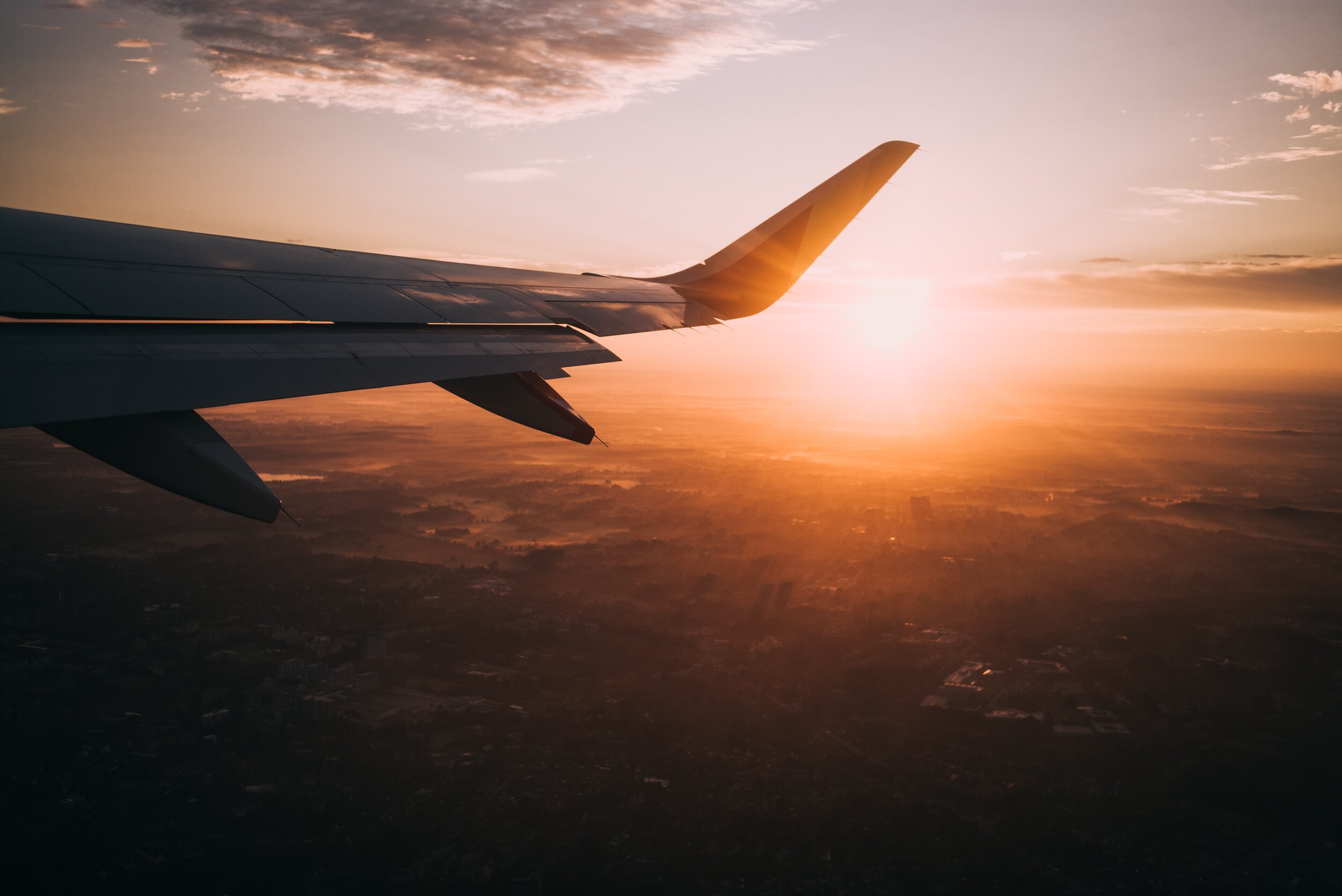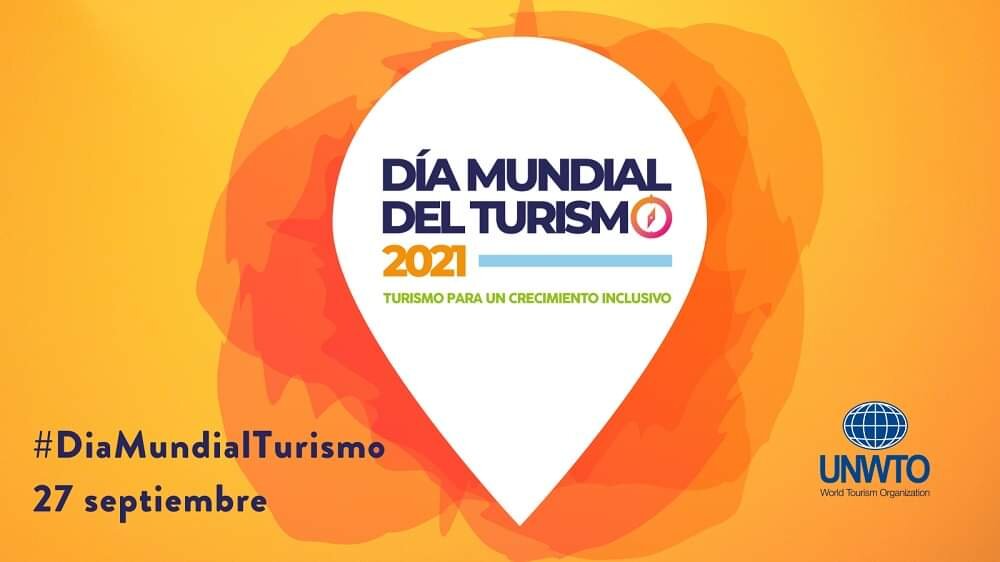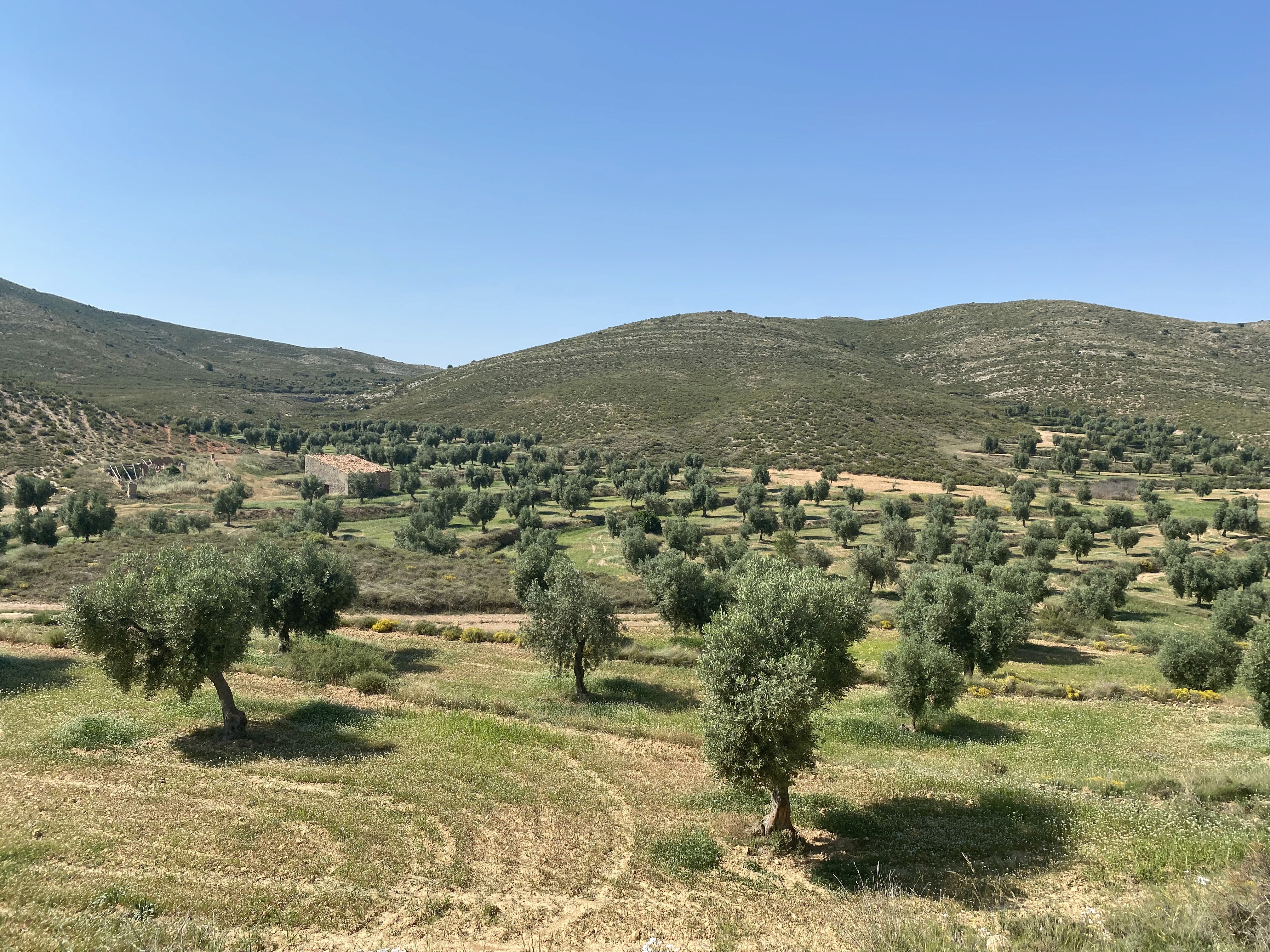Regenerative tourism
Regenerative tourism
Tourism for inclusive growth
Tourism for inclusive growth
27 de septiembre de 2021


By Pako Rodríguez, a consultant specialized in tourism. (Original publication in Spanish)
Before delving into tourism, we must describe what we mean by inclusive, as many times we get stuck on the word and overlook or do not delve deeply enough into its meaning. In the publication of World Tourism Day from the UNWTO, we can read: "the COVID-19 pandemic has had a colossal social and economic impact. Developed and developing economies have been hit, and the worst off have been marginalized groups and the most vulnerable people. The revitalization of tourism will help boost recovery and growth, but it is essential that the benefits generated are distributed in a widely and fairly manner." Furthermore, it also emphasizes the essential nature of accessible tourism for everyone's enjoyment.
In other words, we have two fundamental pillars: on one hand, tourism as a basis for resuming the path of economic growth, which especially considers vulnerable groups through the fair distribution of benefits, and on the other, that this tourism is within the reach of all budgets.
If we delve deeper into this last point, we see that it serves a dual purpose: firstly, the more people travel the greater the economic impact that will be produced and, secondly, because we are still entrenched in a pandemic that has extremely limited our mobility during the hardest times.
Home confinements, restrictions on social activity, and especially the tragedy of human losses, have had a psychological effect whose magnitude we will take time to understand. Traveling, visiting new places, meeting new people, enhances mental health, underlining the importance of this point.
As if this were not enough, according to data from the UNWTO itself, in 2020, 32 million people fell into extreme poverty. This situation has especially affected developing countries, where women, the majority in the tourism sector, have suffered this global crisis even more forcefully.
In addition to women, special mention is made of low-paid sector workers, the younger population, the elderly, indigenous communities, and people with disabilities, highlighting their disadvantaged position in this revitalization.
Considering that the second principle of the 2030 Agenda for Sustainable Development and its SDGs is leaving no one behind, it is clear that there is much work to be done to ensure that this phrase is a reality and not just a slogan. It has been demonstrated, due to its multiplier effect, among other factors, that tourism has the capacity to achieve this or at least to contribute in a much greater way than other sectors. Now we must prove it in these difficult times we have to live through.

To this end, the UNWTO focuses on three areas, which could be enriched as follows:
Alliances: in the publication they have released for this edition, they focus on the macro level, perhaps overlooking the almost mandatory partnerships at the more local level, which are increasingly necessary and from which we already have examples from both large capitals and smaller municipalities. Or the public-private collaboration, and of course the also indispensable collaboration among the private sector, even among competitors.
Awareness-raising: The importance of the political role and different governments is highlighted, which is clearly important and very necessary due to the role that various public policies play in the sector, but let us not forget that awareness-raising is the job of the entire value chain of the sector. In Fiturnext, we can see how almost each of the initiatives we analyze is a vehicle for awareness-raising that turns each trip into a personal transformation for the visitor and contributes to change from the grassroots level, which is the travelers.
Looking to the future: with a message in the text highly focused on today, without delving into how technology, its knowledge and access, is a vehicle for growth, now more than ever and especially in the tourism sector. And, unfortunately, the lack of access to the same may be another factor that contributes to leaving those vulnerable groups behind.
From Ideas for Change, we were working in 2020 and 2021, during the pandemic, on the Fiturnext challenge about "how tourism can contribute to gender equality". Among all the lessons learned, we found that while excellent work is being done both from within and outside the sector, there is still much to do. In the previous edition of Fiturnext (2019), we focused on "how tourism can contribute to local economic development", where we saw the potential of tourism to impact local economies, providing solutions even in issues of depopulation.
We are clear that tourism, when well managed, is a vehicle for positive change. A change that respects and embraces diversity of all kinds, because traveling is about that, the desire to know the unfamiliar and share the familiar. Traveling also means that people come together and help each other, especially in difficult times. It also means that women help women and men are part of the solution, not the problem. Seeing that depopulation is also an opportunity for locals because there are people looking to move away from large urban centers. That accessibility is not just about putting in a ramp, but a fair and necessary improvement of urban centers since all of us, sooner or later, will need things to be made easier for us. That the digital divide, both in access and usage, is already a social divide as well.
For all these reasons, we believe that this message from World Tourism Day is very accurate and necessary and that, indeed, tourism should be put in service of recovery in the most efficient way possible. Following this premise as a roadmap, we are working from a regenerative perspective through different projects.
From here, the question that must be a constant is:
Who are we leaving behind?
By Pako Rodríguez, a consultant specialized in tourism. (Original publication in Spanish)
Before delving into tourism, we must describe what we mean by inclusive, as many times we get stuck on the word and overlook or do not delve deeply enough into its meaning. In the publication of World Tourism Day from the UNWTO, we can read: "the COVID-19 pandemic has had a colossal social and economic impact. Developed and developing economies have been hit, and the worst off have been marginalized groups and the most vulnerable people. The revitalization of tourism will help boost recovery and growth, but it is essential that the benefits generated are distributed in a widely and fairly manner." Furthermore, it also emphasizes the essential nature of accessible tourism for everyone's enjoyment.
In other words, we have two fundamental pillars: on one hand, tourism as a basis for resuming the path of economic growth, which especially considers vulnerable groups through the fair distribution of benefits, and on the other, that this tourism is within the reach of all budgets.
If we delve deeper into this last point, we see that it serves a dual purpose: firstly, the more people travel the greater the economic impact that will be produced and, secondly, because we are still entrenched in a pandemic that has extremely limited our mobility during the hardest times.
Home confinements, restrictions on social activity, and especially the tragedy of human losses, have had a psychological effect whose magnitude we will take time to understand. Traveling, visiting new places, meeting new people, enhances mental health, underlining the importance of this point.
As if this were not enough, according to data from the UNWTO itself, in 2020, 32 million people fell into extreme poverty. This situation has especially affected developing countries, where women, the majority in the tourism sector, have suffered this global crisis even more forcefully.
In addition to women, special mention is made of low-paid sector workers, the younger population, the elderly, indigenous communities, and people with disabilities, highlighting their disadvantaged position in this revitalization.
Considering that the second principle of the 2030 Agenda for Sustainable Development and its SDGs is leaving no one behind, it is clear that there is much work to be done to ensure that this phrase is a reality and not just a slogan. It has been demonstrated, due to its multiplier effect, among other factors, that tourism has the capacity to achieve this or at least to contribute in a much greater way than other sectors. Now we must prove it in these difficult times we have to live through.

To this end, the UNWTO focuses on three areas, which could be enriched as follows:
Alliances: in the publication they have released for this edition, they focus on the macro level, perhaps overlooking the almost mandatory partnerships at the more local level, which are increasingly necessary and from which we already have examples from both large capitals and smaller municipalities. Or the public-private collaboration, and of course the also indispensable collaboration among the private sector, even among competitors.
Awareness-raising: The importance of the political role and different governments is highlighted, which is clearly important and very necessary due to the role that various public policies play in the sector, but let us not forget that awareness-raising is the job of the entire value chain of the sector. In Fiturnext, we can see how almost each of the initiatives we analyze is a vehicle for awareness-raising that turns each trip into a personal transformation for the visitor and contributes to change from the grassroots level, which is the travelers.
Looking to the future: with a message in the text highly focused on today, without delving into how technology, its knowledge and access, is a vehicle for growth, now more than ever and especially in the tourism sector. And, unfortunately, the lack of access to the same may be another factor that contributes to leaving those vulnerable groups behind.
From Ideas for Change, we were working in 2020 and 2021, during the pandemic, on the Fiturnext challenge about "how tourism can contribute to gender equality". Among all the lessons learned, we found that while excellent work is being done both from within and outside the sector, there is still much to do. In the previous edition of Fiturnext (2019), we focused on "how tourism can contribute to local economic development", where we saw the potential of tourism to impact local economies, providing solutions even in issues of depopulation.
We are clear that tourism, when well managed, is a vehicle for positive change. A change that respects and embraces diversity of all kinds, because traveling is about that, the desire to know the unfamiliar and share the familiar. Traveling also means that people come together and help each other, especially in difficult times. It also means that women help women and men are part of the solution, not the problem. Seeing that depopulation is also an opportunity for locals because there are people looking to move away from large urban centers. That accessibility is not just about putting in a ramp, but a fair and necessary improvement of urban centers since all of us, sooner or later, will need things to be made easier for us. That the digital divide, both in access and usage, is already a social divide as well.
For all these reasons, we believe that this message from World Tourism Day is very accurate and necessary and that, indeed, tourism should be put in service of recovery in the most efficient way possible. Following this premise as a roadmap, we are working from a regenerative perspective through different projects.
From here, the question that must be a constant is:
Who are we leaving behind?


